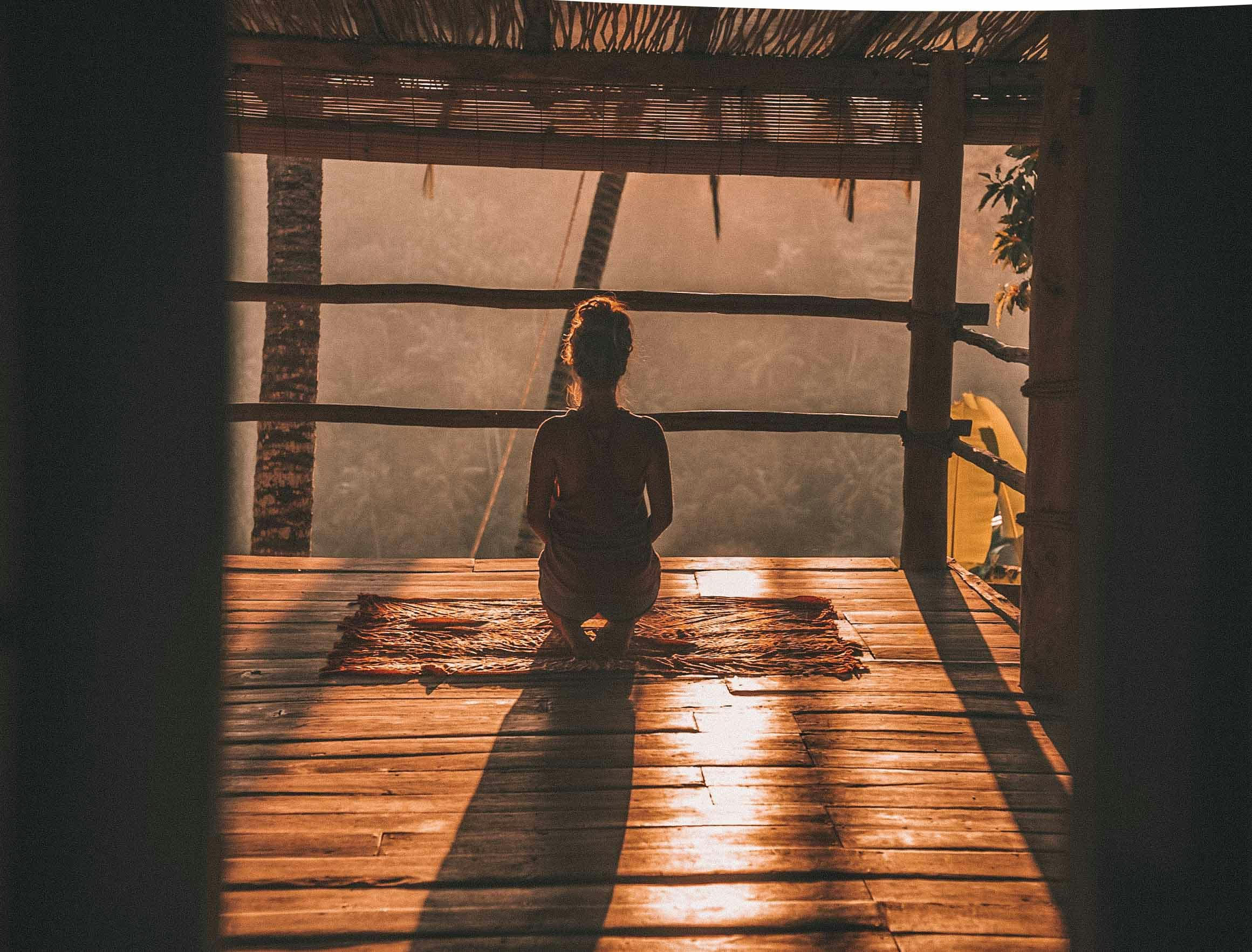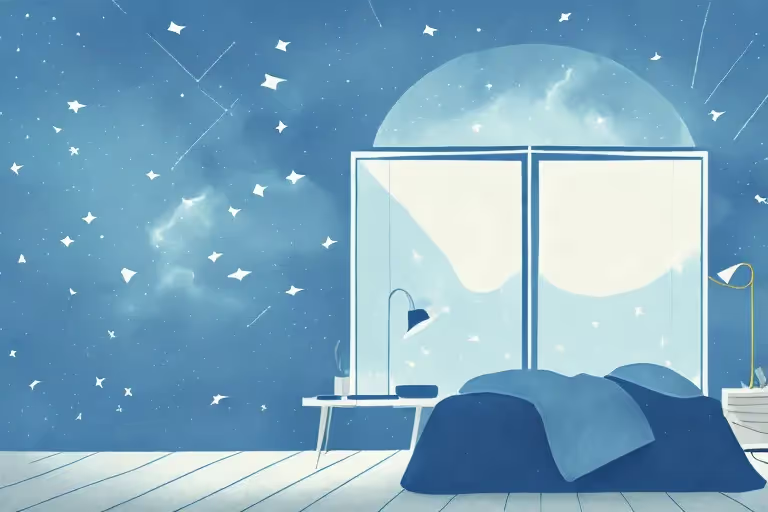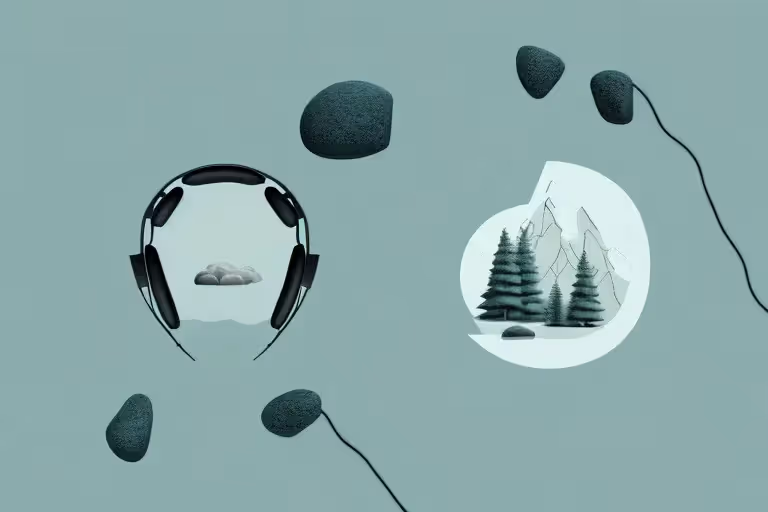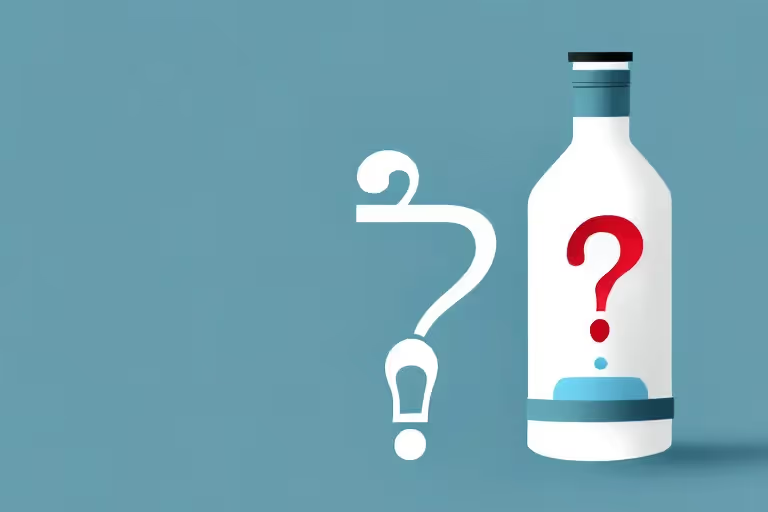Do you ever find yourself lying in bed, tossing and turning, wondering when sleep will finally claim you? We've all been there. It's a frustrating experience that can leave you feeling restless and groggy the next day. But have you ever wondered just how long it really takes to fall asleep? Let's delve into the fascinating world of sleep and explore the factors that influence how quickly we drift off into dreamland.
Understanding the Sleep Cycle
Before we dive into the factors that affect sleep onset, it's important to understand the sleep cycle. Our sleep is divided into several stages, each with its own unique characteristics. These stages repeat throughout the night, and progress from light sleep to deep, restorative sleep. The length of our sleep cycle varies from person to person, but on average, a complete cycle takes about 90 minutes.
One key player in our sleep cycle is our circadian rhythm. This internal clock regulates our sleep-wake patterns and is influenced by environmental cues such as light and darkness. It helps us feel awake and alert during the day and sleepy at night. When our circadian rhythm is disrupted, either by jet lag or erratic sleep schedules, it can lead to difficulty falling asleep.
Factors Influencing Sleep Onset
There are numerous factors that can affect how quickly we fall asleep. Lifestyle choices, psychological factors, and physical health all play a role in determining the ease with which we enter the realm of slumber.
The Impact of Lifestyle Choices on Sleep
Our daily habits can have a significant impact on our ability to fall asleep. Stimulants such as caffeine and nicotine can keep us awake, while regular exercise can promote better sleep. Additionally, the use of electronic devices before bed, such as smartphones and tablets, can interfere with our sleep by emitting blue light that suppresses the production of melatonin, a hormone responsible for regulating our sleep-wake cycle.
Psychological Factors and Sleep
Our mental state also plays a significant role in our ability to fall asleep. Stress, anxiety, and racing thoughts can keep our minds alert even when our bodies are tired. Finding healthy ways to manage stress, such as practicing mindfulness or engaging in relaxation techniques, can improve sleep quality and make it easier to drift off to sleep.
Physical Health and Its Effect on Sleep
Our physical well-being can also impact our ability to fall asleep. Certain medical conditions, such as chronic pain or sleep disorders like insomnia, can make it difficult to achieve restful sleep. Similarly, poor sleep can exacerbate existing health issues. Taking care of our physical health, through regular exercise, a balanced diet, and seeking treatment for any underlying medical conditions, can improve our sleep quality.
Techniques to Fall Asleep Faster
Now that we've explored the various factors that can impact our sleep onset, let's look at some techniques that can help us fall asleep faster.
Relaxation Techniques for Better Sleep
Engaging in relaxation techniques before bedtime can help calm our minds and prepare our bodies for sleep. Practices such as progressive muscle relaxation, deep breathing exercises, or listening to soothing music can help promote a state of relaxation and make it easier to drift off to sleep.
The Role of Sleep Hygiene in Quick Sleep Onset
Sleep hygiene refers to the habits and practices that promote healthy sleep. Establishing a consistent sleep schedule, creating a comfortable sleep environment, and avoiding stimulating activities before bed can all contribute to falling asleep faster. By adhering to good sleep hygiene practices, we can train our bodies to recognize when it's time to sleep and facilitate a quicker transition into slumber.
Common Misconceptions About Sleep
Throughout the ages, various myths and misconceptions about sleep have emerged. Let's debunk some of these misconceptions and separate fact from fiction.
Debunking Sleep Myths
One common myth is that humans can adapt to getting by on very little sleep. While it's true that individual sleep needs vary, most adults require between seven and nine hours of sleep per night to function optimally. Another myth is that alcohol helps us fall asleep faster. While alcohol can initially make us feel drowsy, it disrupts the normal sleep cycle and can result in poor sleep quality.
The Consequences of Poor Sleep
Poor sleep can have far-reaching consequences that extend beyond feeling groggy and irritable the next day. Let's explore the various ways in which insufficient sleep can impact our health and daily life.
Health Risks Associated with Insufficient Sleep
Research has shown that chronic sleep deprivation is linked to an increased risk of developing various health conditions, including obesity, heart disease, and diabetes. Lack of sleep can also weaken the immune system, making us more susceptible to infections. Additionally, poor sleep can affect our cognitive function, memory, and mood, impairing our ability to concentrate and perform tasks effectively.
The Effect of Sleep Deprivation on Daily Life
Sleep deprivation can have a profound impact on our daily functioning. It can impair our ability to make decisions, regulate our emotions, and cope with stress. Lack of sleep can also lead to decreased productivity at work or school and increase the likelihood of accidents or errors. Furthermore, it can strain relationships and hinder our overall quality of life.
So, how long does it really take to fall asleep? It's a complex question with no one-size-fits-all answer. The time it takes to fall asleep varies from person to person and depends on various factors, including our lifestyle choices, psychological well-being, and physical health. By understanding the factors that influence sleep onset and implementing techniques to promote faster sleep onset, we can improve our sleep quality and overall well-being.
Aura is Your All In One App for Meditation, Mindfulness Wellbeing
Find peace every day with one app for your whole well-being. There is no one-size-fits-all solution to mental well-being. Aura is the first all-in-one wellness app that learns how to best help you. Discover an endless library of expert-created tracks for your well-being, all taught by the world’s best coaches, therapists, and storytellers. With Aura's personalized recommendations, you can find peace every morning, day and night.



.webp)





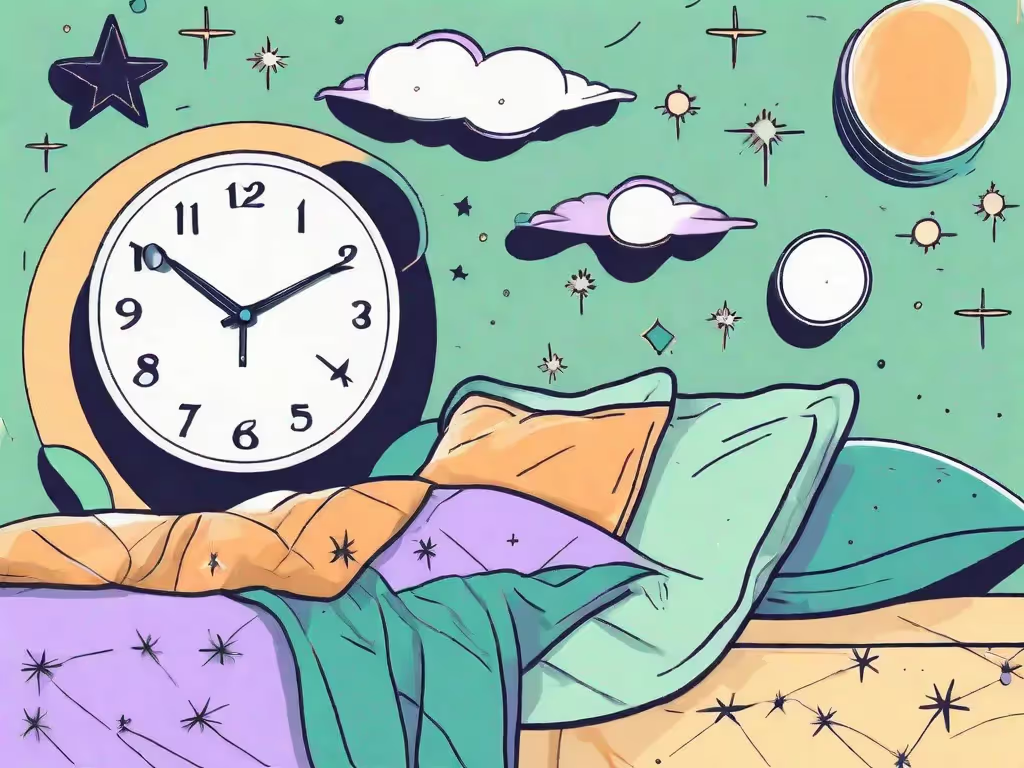
.avif)

%20(1).avif)


.avif)
.avif)
.webp)


.avif)


















































































































.avif)

















.svg)

